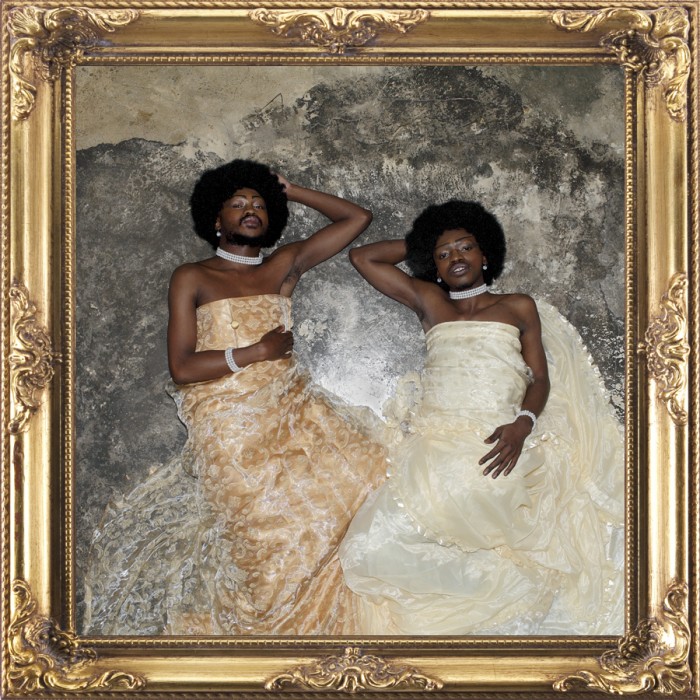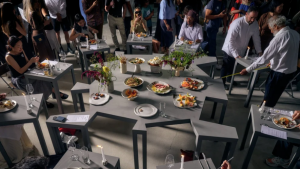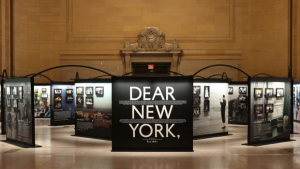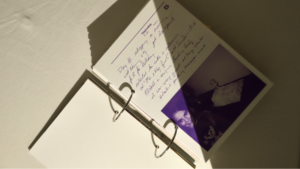The oldest existing colonial building in South Africa, the Castle of Good Hope, will next month host one of the most progressive performance art duos in the country.
Built by the Dutch East India Company between 1666 and 1679, the Castle, located next to Cape Town’s transport hub, looms over the CBD as a reminder of the Dutch’s first entry into the country and how that changed the history of South Africa forever.
But back to the present. The space has taken on a new life, playing host to markets and events including the OH OK Launch at which Johannesburg-based performance artists FAKA have performed.
The duo uses live performance, literature, sound, video and photography to create work that reflects their experience as black queers navigating post-colonial Africa.
FAKA, founded by friends Desire Marea and Fela Gucci, has been around since 2010. The two met at an Africa Day concert in Newtown in Johannesburg. The two tell me: “Ever since that day we hung out almost every day serving looks in the city with R10 to our names”.
They released their first song “Amagwinya” in 2012 and EP Bottoms Revenge last year.
They are funny when they need to be. But everything about FAKA is meticulous and suggestive. From their performances, which belong in the clubs just as much as in theatre or gallery spaces, to their styling, lyrics and the name of the band itself.
FAKA means to penetrate. The name of their queer movement and website is called Siyakaka, which can be translated into we’re shitting all over ( you? the art world? the music industry? transphobia? your guess is as good as mine). And that is one thing the group does well – they keep the audience guessing.
All this is intentional, as they explain: “The names and titles are always a reflection of what we believe and what we want to represent. They are often the first thing someone interacts with before engaging with the work. FAKA means exactly that: yifake; insert'a; penetrate'a. Beyond the overt sexual allusion, we've defined FAKA as an act of penetrating spaces that exclude us. Siyakaka is an ideology that mainly deals with the politics of the feminised body within cis-championing queer culture.”
In a country like South Africa where the price tag for being queer can often be death and hate, the two are just a few of a growing number of artists not only occupying spaces that previously excluded them but also using their influence to spread activism. For example, this piece by Desire Marea on visibility and the illusion of safe spaces.
The duo has been spreading Siyakaka Feminism throughout the country as well as overseas with shows at the 9th Berlin Biennale for Contemporary Art (in 2016); Unsound Festival in Poland (in 2016); and the Vienna Festival earlier this year.
A FAKA show is a performance art piece. But if you never get a chance to see them on stage, their latest video, Uyang’khumbula, is a good place to start. Everything from their styling, Gqom beats and location is on fleek.
But finding space in the industry is not easy for black artists with no formal arts training, let alone ones in black queer bodies. The two have found a way around this often classist space by becoming friends with other black professionals in the art world who give them tough love and advice.
If you focus too much on FAKA as a queer movement, you miss that the duo is designing a new sound. Whether they're using gospel lamentation as inspiration for a sound that they layered over beats for the song "From A Distance"; to taking a genre like Gqom, a popular dance music sound with Durban roots, and employing it as a storytelling device. Inspired by prolific South African artists like Brenda Fassie, Bongo Maffin and Boom Shaka; FAKA is adding layers to already existing music genres to create a new sound all their own.
On writing music, they say: “Our songwriting process depends on where we are. When we produced Bottoms Revenge, the experience was spiritually heavy and we felt that a more organic writing process worked best so most of it was done on the spot. With our latest single, we wanted to put emphasis on the storytelling power of Gqom so that was also different. The common denominator is that it's all based on our experience at that time”.







